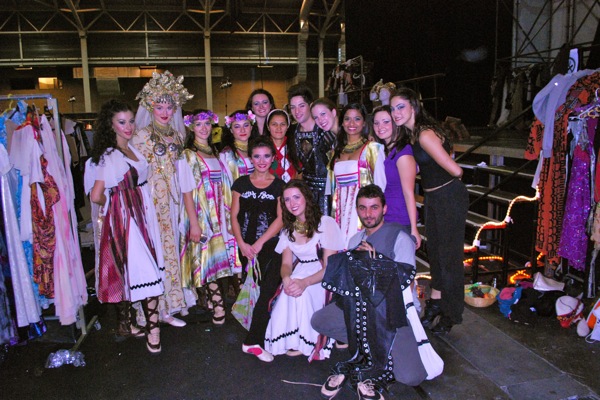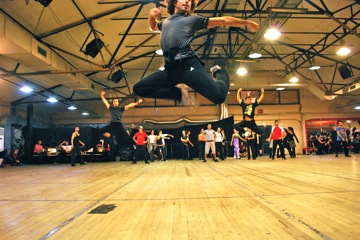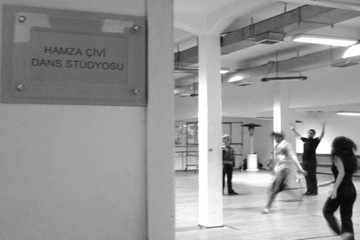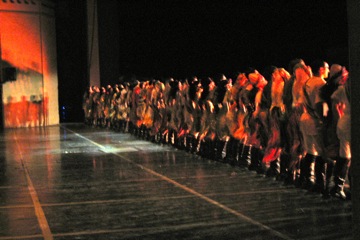
Photos: author
I was in Turkey for three months this past autumn to train with Fire of Anatolia, an iconic professional dance group in the country. Fire of Anatolia holds the Guinness World Record for fastest dance performance at 241 steps per minute.
I think the dancers should hold another world record: speaking Turkish at a million words per minute.
I knew I was in trouble from the moment I stepped into the first rehearsal. I wasn’t worried as I watched the dancers vigorously stomp on the cracked hardwood floors. I spent half my childhood inside a dance studio. Kicks, stomps, and turns are not foreign to me. Where my talents do not lie is in translations, conjugations, and cross-cultural communication. By the time I’m forming full sentences abroad, it’s usually time to leave. I’m the linguistic equivalent of a dancer with two left feet.


